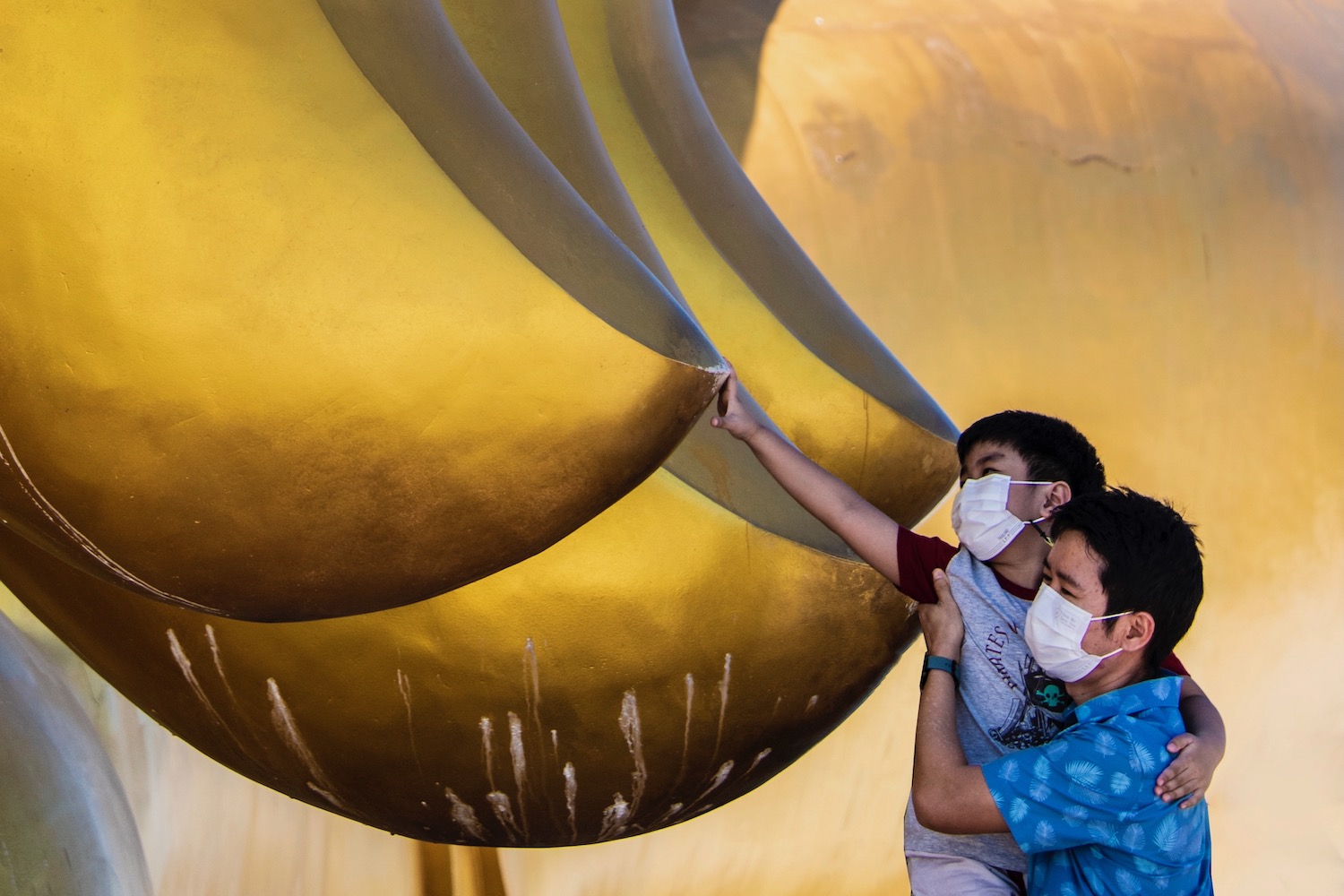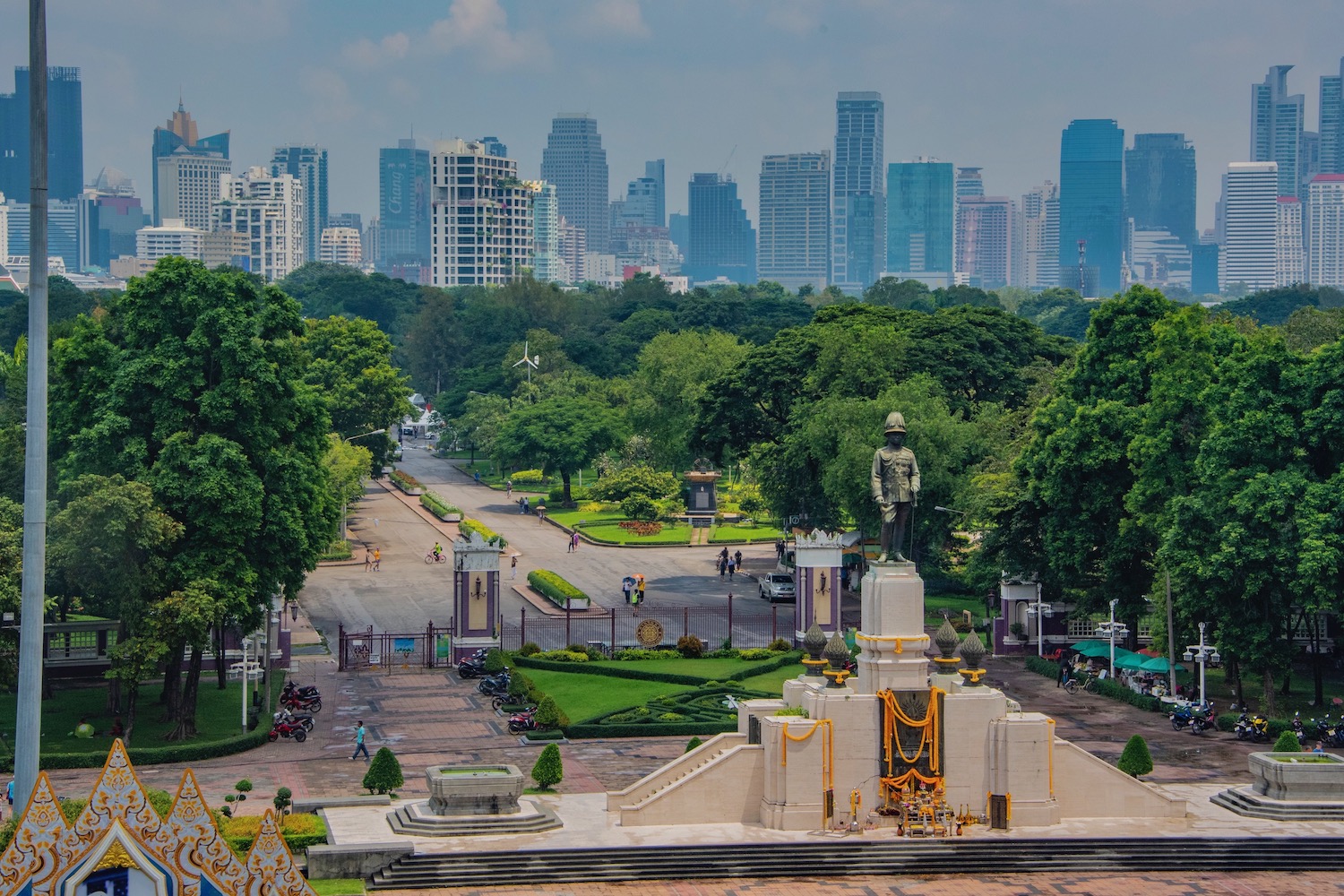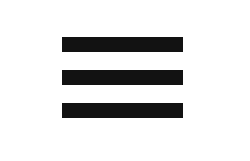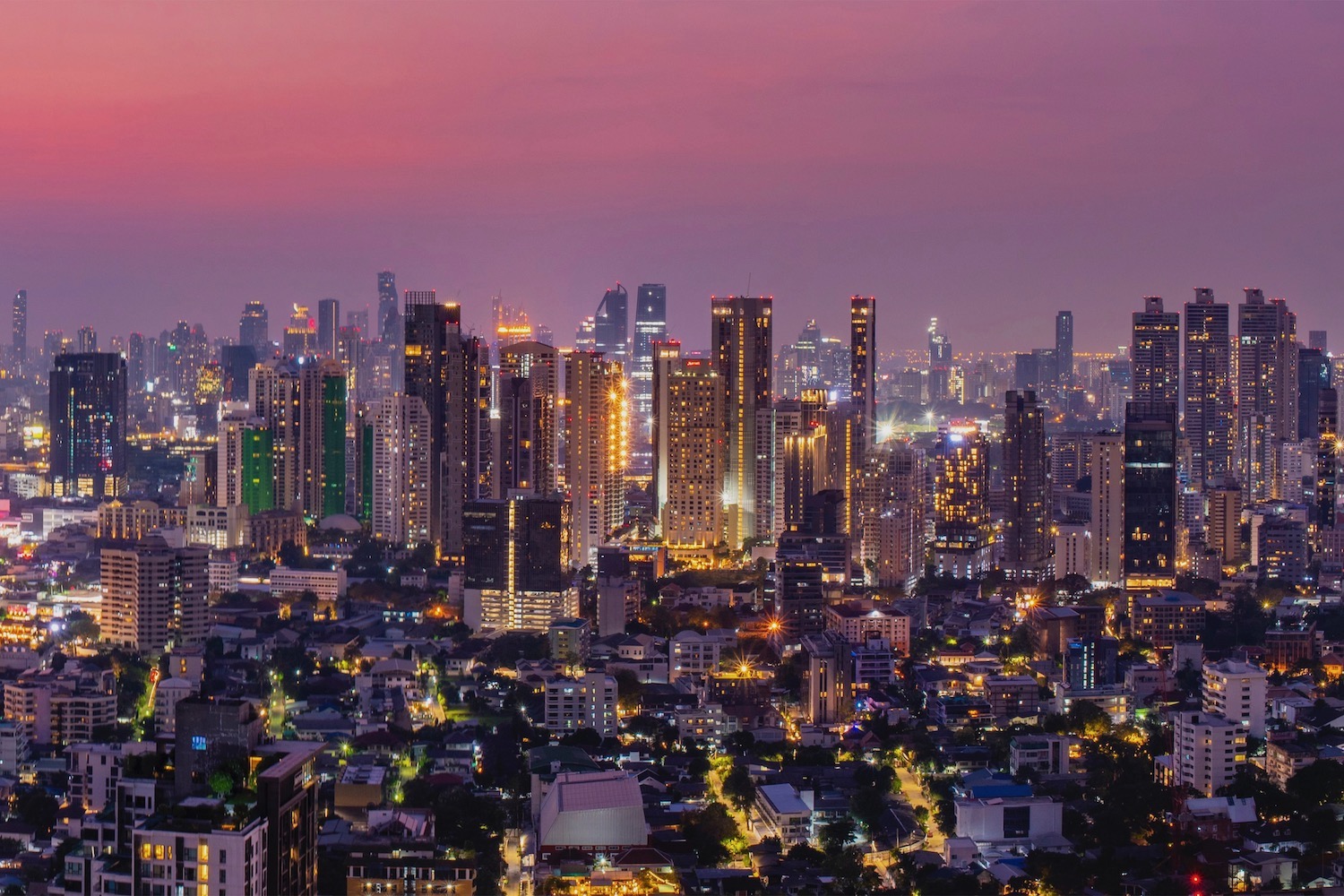In a perfect world, landing in Bangkok would be among the world’s most memorable approaches—especially if you’re sitting on the right side of the plane. Looking out as you descend toward Suvarnabhumi Airport, you lose count of the skyscrapers in the distance, which are so numerous (and so dwarfed by the horizon) that they look like blades of grass.
Instead, of course, you usually just see smog. And, if you’re lucky, a few shadows and silhouettes that indicate you might be descending onto land where human beings live.
The good news? This is often a fake-out—air pollution in Thailand isn’t nearly as awful as it can look from the air. The bad news? This is only sometimes true: On some days, Thailand’s air quality is downright dystopian.
How I Came to Learn About มลพิษ
Although I had been visiting the Kingdom for nearly eight years by that time, my first experience with Thailand air pollution didn’t come until early 2018. I was looking out the window of my 23rd floor Sathorn apartment, and noticed that a strange, brown fog was blocking my view of the buildings I usually saw. I brushed it off and started my day, sure it would cease to be a problem by the next morning.
But it wasn’t, so I started to ask my Thai friends about it. Mon-la-pit, one told me, was the literal way to describe the filth: Pollution. He, and all others, advised me to hunker down in advance of my first “smog season.” For weeks to months during the first part of every calendar year, Bangkok (and, it turns out, most places north of the capital) are covered in a thick layer of PM 2.5 particles.
5 Things to Know About Air Pollution in Thailand
It’s not an every-day thing
Recently, a private client of mine expressed alarm about stories she’d seen in the media. Chiang Mai, they told her, was dangerously polluted. This was true, at least on the day the story was written. As I explained to her, however, levels of pollution wax and wane day-to-day—not every day is the apocalypse.
(But can occur any day)
I wish I could tell you that Thailand air quality is only bad during the crop burning season (more on that in a second) that occurs in northern and central Thailand between about February and April. But the reality is that in a developing country with few environmental standards, bad pollution can be present almost any day of the year.
The causes are both simple and complex
In simple terms, Thailand’s pollution is the result of vehicle emissions in the city mixing with smoke from farmers burning their crops in the countryside. However, it’s more complex than this, as even minor changes in annual rain patterns (which are become increasingly major) can dramatically alter both the longevity and the severity of smog.
Locals want the government to do more
Solving air pollution in Thailand isn’t going to be a quick-fix, but many locals believe the government isn’t doing much at all. While officials advise farmers to stop burning their crops, promotes (and incentivizes) the purchase of EVs and even allegedly employs “rainmaking” to clean the air, there is little legal force to its actions.
Wearing a mask probably won’t help
Just as Thailand’s stubborn, dystopian masking culture has little impact on the spread of covid-19 and other airborne diseases, most face masks are powerless to stop people from inhaling tiny PM 2.5 particles, which tend to be much smaller than the pores in the masks. Don’t bother wearing one.

When to Visit Thailand to Avoid Air Pollution
Although, as I mentioned above, pollution isn’t an every-day thing in Thailand, some parts of the year are better than others. The rainy season, which falls between about May and November, is one of these. While it’s true that you won’t enjoy blue skies during the day or colorful sunrises and sunsets in the morning and evening, you also won’t choke to death on pollution—the rain washes all that out.
Another period that tends to ensure optimal air quality in Thailand is the several weeks just after the rainy season ends, i.e. the last week of November, most or all of December and sometimes the first week or two of January. The added benefit of coming at this time (as opposed to the weeks just before the rainy season, i.e. April) is that temperatures are relatively cool—and the sky is almost completely clear of non-smog clouds.

Other FAQ About Thailand’s Air Pollution Problem
Is Bangkok air pollution bad?
Bangkok’s air pollution is severe compared to what you find in most Western cities, but isn’t much worse than what you experience in many other places in the developing world. Well, at least for most of the year. Unfortunately, for several weeks between about February and April, Bangkok can have so much smog you almost can’t see the sky.
Why is Thailand’s air quality so bad?
Thailand’s poor air quality basically amounts to a mixing of vehicle emissions with smoke from burned crops that floats in from the countryside. Because farmers burn their crops during the dry season, the lack of rain exacerbates this problem, allowing the smog to float for weeks or even months at a time.
What is the most polluted place in Thailand?
In terms of major tourist destinations, Chiang Mai tends to be the most polluted place in Thailand. In fact, during the period between about February and April, it’s not uncommon to see Chiang Mai listed as the most polluted city in the world!
The Bottom Line
Air pollution in Thailand isn’t always apocalyptic, but I’ve never visited the Kingdom and not noticed it somewhere. There are some times of year you simply must avoid if you want to enjoy clear air. Namely, you shouldn’t visit Bangkok (or anywhere in Northern Thailand) between late March and whenever the first rains fall. On the other hand, visiting during the rainy season (or in late November and early December, when the rains have stopped but the skies are still clear from them) is the perfect way to avoid monlapit. Want expert advice on how to avoid pollution during your trip to Thailand? Hire me to plan a custom Thailand itinerary for you!






